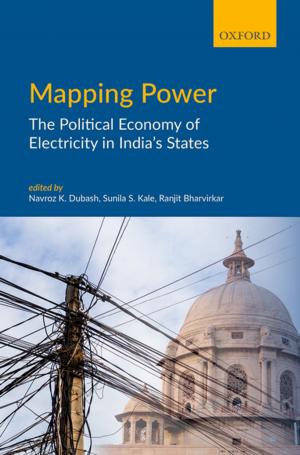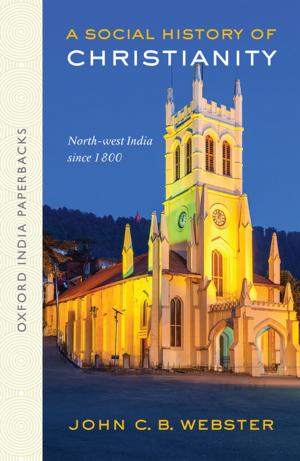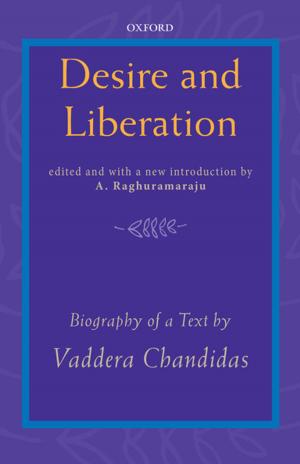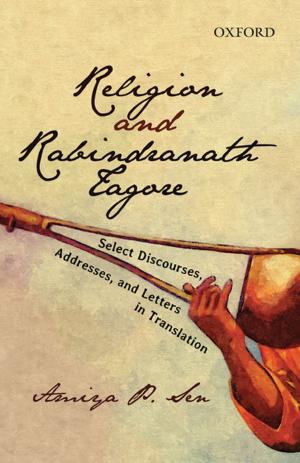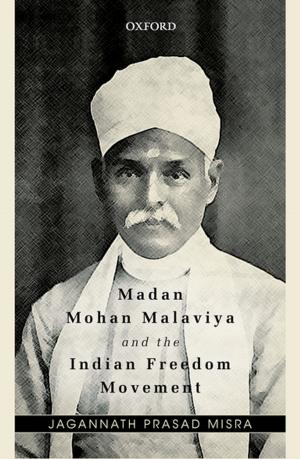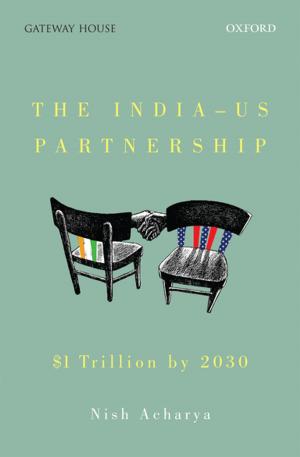Debating Difference
Group Rights and Liberal Democracy in India
Nonfiction, Social & Cultural Studies, Social Science, Sociology, Political Science| Author: | Rochana Bajpai | ISBN: | 9780199088232 |
| Publisher: | OUP India | Publication: | March 3, 2011 |
| Imprint: | OUP India | Language: | English |
| Author: | Rochana Bajpai |
| ISBN: | 9780199088232 |
| Publisher: | OUP India |
| Publication: | March 3, 2011 |
| Imprint: | OUP India |
| Language: | English |
How can inequalities between groups be addressed, while at the same time sustaining common citizenship? Debating Difference offers a new approach to this key question for liberal democracies, demonstrating that argument and debate is crucial for reconciling the demands of group equality and civic unity. India offers a unique case of group-differentiated rights. Using landmark constitutional and legislative debates on minority rights and quotas, Rochana Bajpai develops a model for interpreting post-Independence group rights that hinges on the interplay between five principal normative concepts—secularism, democracy, social justice, national unity, and development. Tracing the shifting meanings of these values over time, this book demonstrates that liberal and democratic concepts are more sophisticated and widely shared in the Indian polity than is commonly believed. The author identifies the limits of Western-centric accounts of multiculturalism. She also establishes the significance of political rhetoric for explanations of policy shifts and political change.
How can inequalities between groups be addressed, while at the same time sustaining common citizenship? Debating Difference offers a new approach to this key question for liberal democracies, demonstrating that argument and debate is crucial for reconciling the demands of group equality and civic unity. India offers a unique case of group-differentiated rights. Using landmark constitutional and legislative debates on minority rights and quotas, Rochana Bajpai develops a model for interpreting post-Independence group rights that hinges on the interplay between five principal normative concepts—secularism, democracy, social justice, national unity, and development. Tracing the shifting meanings of these values over time, this book demonstrates that liberal and democratic concepts are more sophisticated and widely shared in the Indian polity than is commonly believed. The author identifies the limits of Western-centric accounts of multiculturalism. She also establishes the significance of political rhetoric for explanations of policy shifts and political change.


